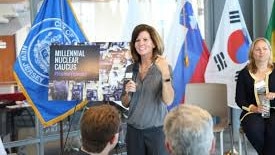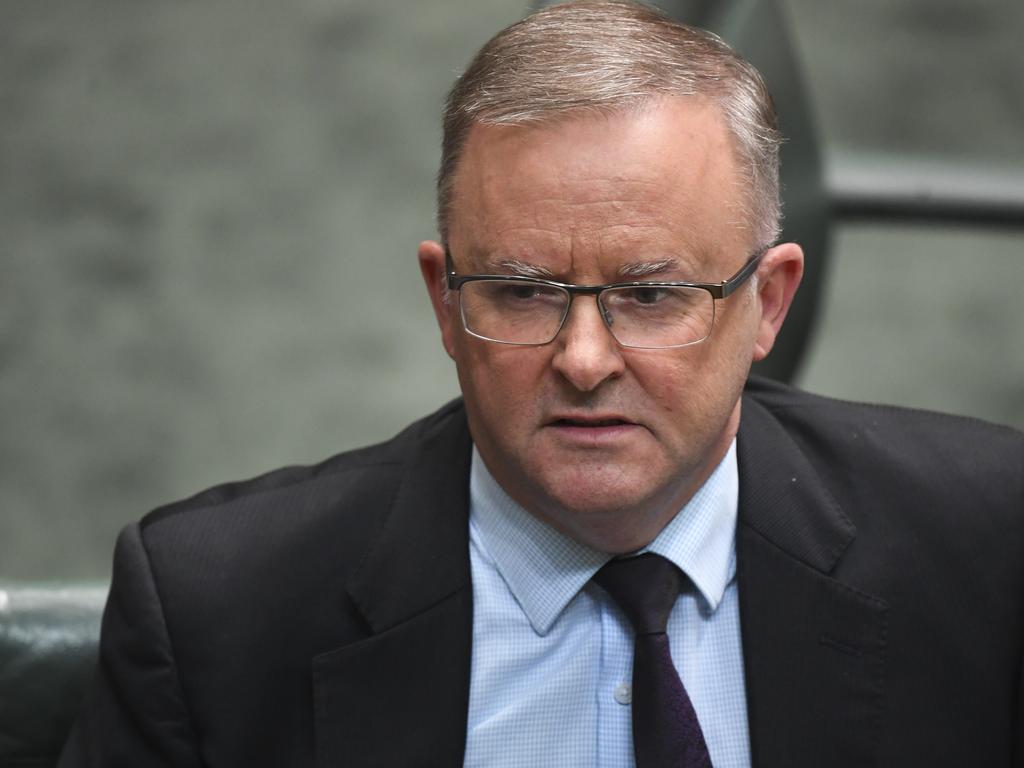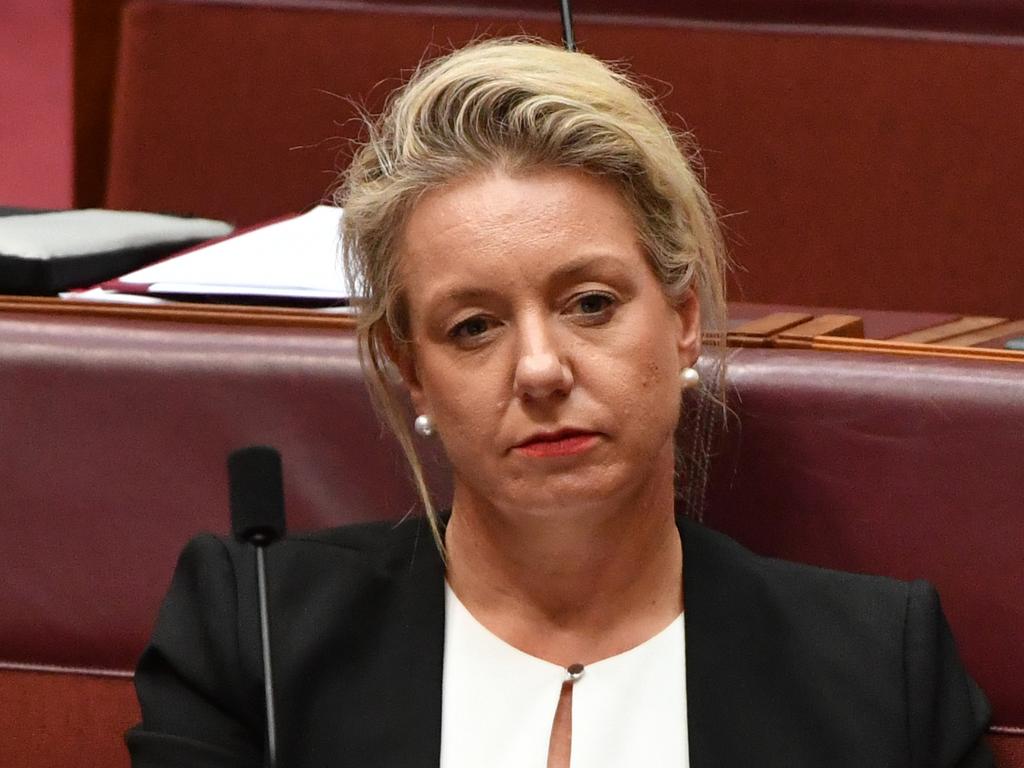US urges Australia to consider nuclear
A top Trump administration official has urged Australia to join the US in researching and building small nuclear reactors.

A top Trump administration official has urged Australia to join the US in researching and building small “modular” nuclear reactors to slash carbon dioxide emissions, arguing solar and wind can’t provide enough reliable power.
Suzanne Jaworowski, chief of staff and senior adviser at the US Department of Energy, said about 45 companies in the US were working on small modular reactors and one could be built in Australia by the mid-2020s
“You could have up to 12 reactor modules each producing 60MW, even more reliably than coal and gas,” she told The Weekend Australian, recommending business and government work with NuScale Power, which is building an SMR in Idaho.
“They are at a point where they could work with a country like Australia,” she said.
Australia’s prohibition on nuclear energy, in force since the late 1990s, was “unfortunate”, she said. The growing push for zero emissions by mid-century could only be achieved with nuclear power, on current technology.
“We just don’t have the storage capability to make wind and solar a reliable resource; there’s nothing wrong with using them but we have to be realistic,” Ms Jaworowski added.
Rising power prices and doubts solar and wind power alone can support the entire energy grid have increased support for nuclear power, including from industry super funds and politicians.
A federal inquiry into nuclear power suggested a partial reversal of the 1998 legislative ban on nuclear energy late last year. In NSW, state One Nation leader Mark Latham and state Nationals leader John Barilaro are pushing to dump a similar state ban.
Ms Jaworowski, who had to cancel a planned trip to Australia this year because of the coronavirus, said nuclear energy faced a “perception problem”. “There’s not a technology or safety problem,” she said. “But we’re seeing a real groundswell especially from younger people who care about the environment and economy and who have thought about the issue.”
Liddell coal power station in NSW, with 2000MW capacity, is scheduled to close in 2023. The federal government, which has said lifting the nuclear ban would require bipartisan support, is putting together a “technology road map” to ensure large cuts in carbon emissions by 2050.
Ms Jaworowski said nuclear energy in the US could be supplied from small modular reactors at about $55 a MwH, “which is very competitive with other forms of energy”.
The Energy Policy Institute said the US, Russia and China were in a three-way contest to dominate the global nuclear generation market with SMRs. “The nuclear competition will be good for Australia because we need greater energy security than we’ve got at present,” institute executive director Robert Pritchard said.








To join the conversation, please log in. Don't have an account? Register
Join the conversation, you are commenting as Logout